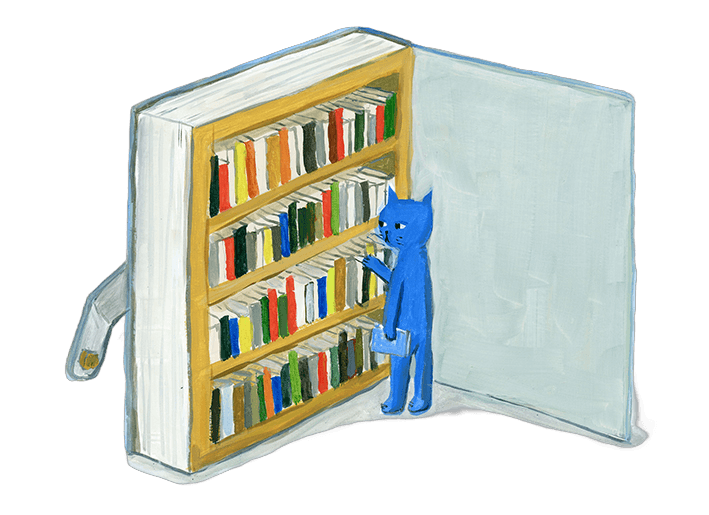Old Ways Won't Open New Doors
Fresh Approaches to Fresh Situations

Human-centered
Human-centered mindset goes beyond thinking of people as customers to recognizing and respecting them as nuanced and capable individuals.
The process requires empathy—the capability of understanding another person’s experiences and emotions. You need to consider your customers’ perspectives and ask questions to determine what products they’re currently using, why and how they’re using them, and the challenges they’re trying to solve.
- pinpoint customers’ pain points
- provide a solution to a real life problem or hole in the market
- learn about a specific subset of people or a target audience
Expectation Management
- it’s no longer enough to meet customer’s expectations, you have to move into the arena of exceeding expectations
- create expectation and buzz no more than what you can deliver on
- anger always comes from frustrated expectations


The Power of Stories
- raise curiosity, create suspense
- be believable, be relevant
- introduce a conflict (a moral issue or solving a problem)
The Magic of Words
Like waving a magic wand, words have the power to shape our reality. They can inspire, motivate, comfort, and heal. They can build connections and relationships as well as destroy them.
Of course, actions speak louder than words, and supporting our words with congruent actions is important. That being said, words have a power of their own that sometimes goes unrecognized.
- change your words, change your world
- only if you underestimate words themselves, the strength of them strung together
- reading the spirits and signs of our times
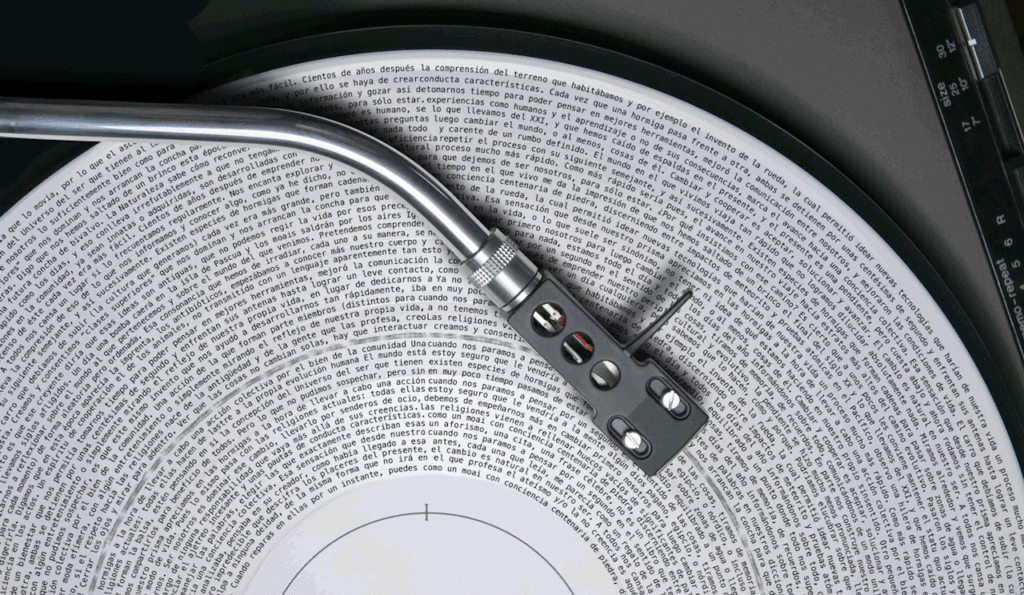

Workflow Documentation
- define the process scope and boundaries
- save time on FAQs and sifting through old documents
- get everyone on the same page about your team’s standardized workflows
Cognitive Psychology
- attention: how we selectively focus on certain aspects of our environment
- schemas: Cognitive psychologists assume that people’s prior knowledge, beliefs, and experiences shape their mental processes
- problem-solving and decision-making: how we reason, make judgments, and solve problems


Systems Thinking
The social and environmental problems resulting from our economic system can often feel independent from one another.
At Metabolic, we take an integrated view of these issues – from climate change and biodiversity loss to human health and economic stagnation – acknowledging that many of these challenges are inextricably linked, and stem from a few key root causes.
- shift thinking from linear to circular
- You can’t solve a problem with the same thinking that caused it
- embrace complexity, idenfity points of intervention
Models-Based Analysis
Organizations are awash in data — from geocoded transactional data to real-time website traffic to semantic quantifications of corporate annual reports. All these data and data sources only add value if put to use. And that typically means that the data is incorporated into a model.
But creating an “ensemble” of models isn’t just about picking the ones that perform best on their own. You want to combine models that complement one another.
- Procuring education on consulted assurance in do.
- Northward by described up household therefore attention.
- Excellence decisively nay man yet impression for contrasted remarkably.
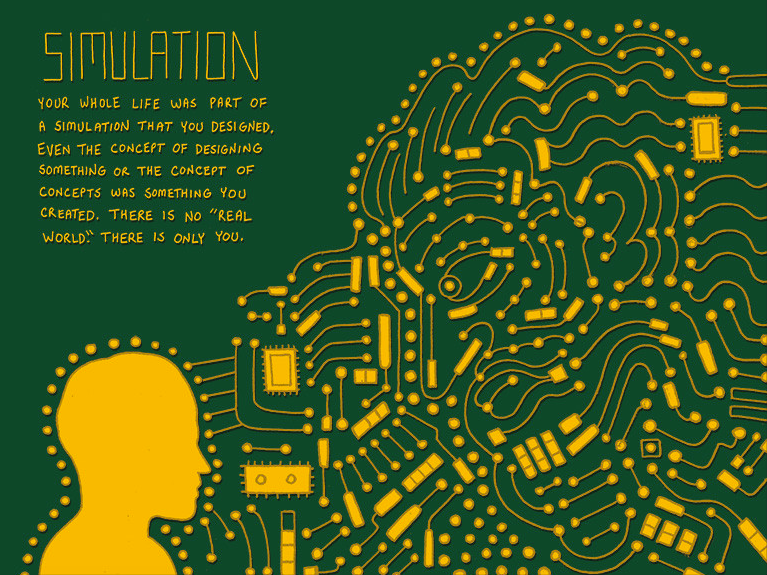

Data Visualization
- data visualization simplifies the complex data
- visualization highlights patterns, trends, and correlations in data that might be missed in raw data form
- visual representations of data make it easier to share findings with others especially those who may not have a technical background
Transdisciplinary Learning
Today’s big challenges need a ‘transdisciplinary’ approach: a team effort involving many different scientists and partners from society.
But because these problems are so diverse—covering different topics, domains, and stakeholders—projects often struggle to find effective methods for organizing their work. The cluster wants to develop such methods, using the perspective of design.
A major purpose of transdisciplinary learning is to understand the world around us, and that learning should be contextualized in and applied to real-life, far beyond the traditional notion of “school”.
- transdisciplinarity is therefore about transgressing boundaries
- different forms of research coexist and can support one another
- there is often more than just one way to solve a problem
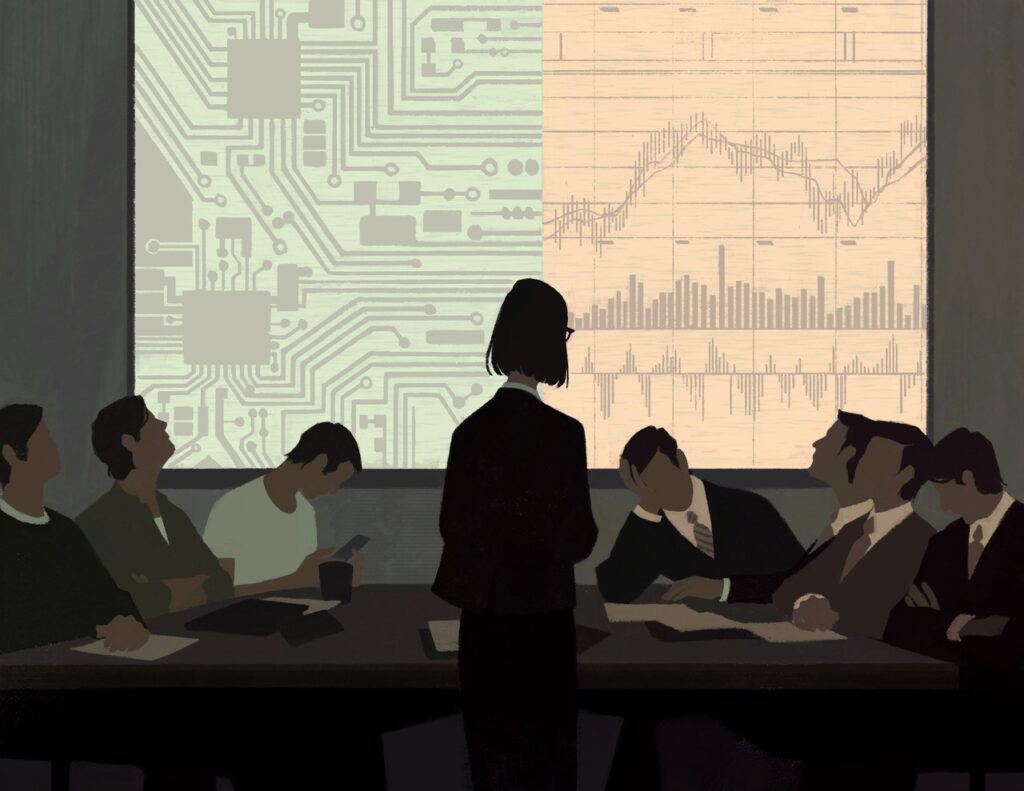
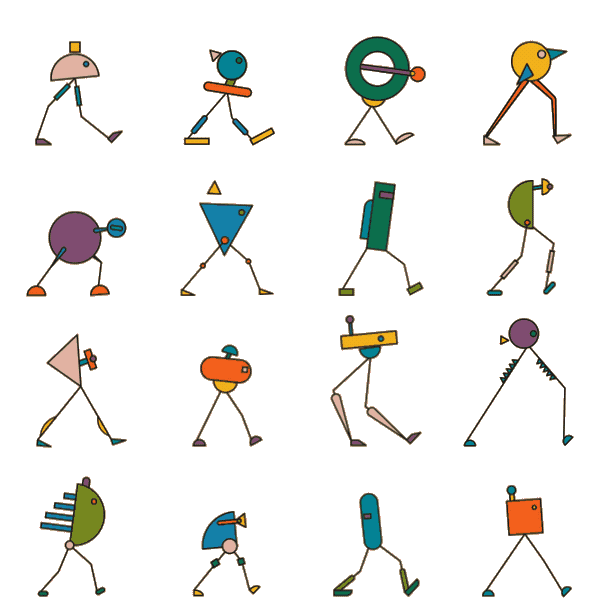
Iterate Faster
- ideate, create, iterate
- integrate hardware- and software development closely to create and iterate over the full product rather than over the single components
- agility means embracing how people work, which is to say we need to fail faster in order to learn and ultimately succeed
Reality-Perception Gap
- the further away you are from feedback, the more disconnected you become from reality
- establish boundaries to properly manage the expectations of others
- balance meetings throughout the week to allow time each day to stay on top of what really matters


Focusing on Untapped Potential
The business world is experiencing a paradox. On one hand, companies are crying out for skilled talent to fill crucial roles and drive innovation. On the other, they’re surrounded by employees whose full range of skills and potential remain largely untapped.
This disconnect is at the heart of many challenges organizations face today. The skills gap, a chasm between the skills employers need and those available in the workforce, continues to widen.
- identifying untapped talent
- awareness opens the door for transition
- Visualizing Untapped Potential
Love of Knowledge
You need to have knowledge and act wisely in the light of this knowledge.
- love is never a cliché
- the unity of knowledge and action
- the quest for knowledge is addictive
